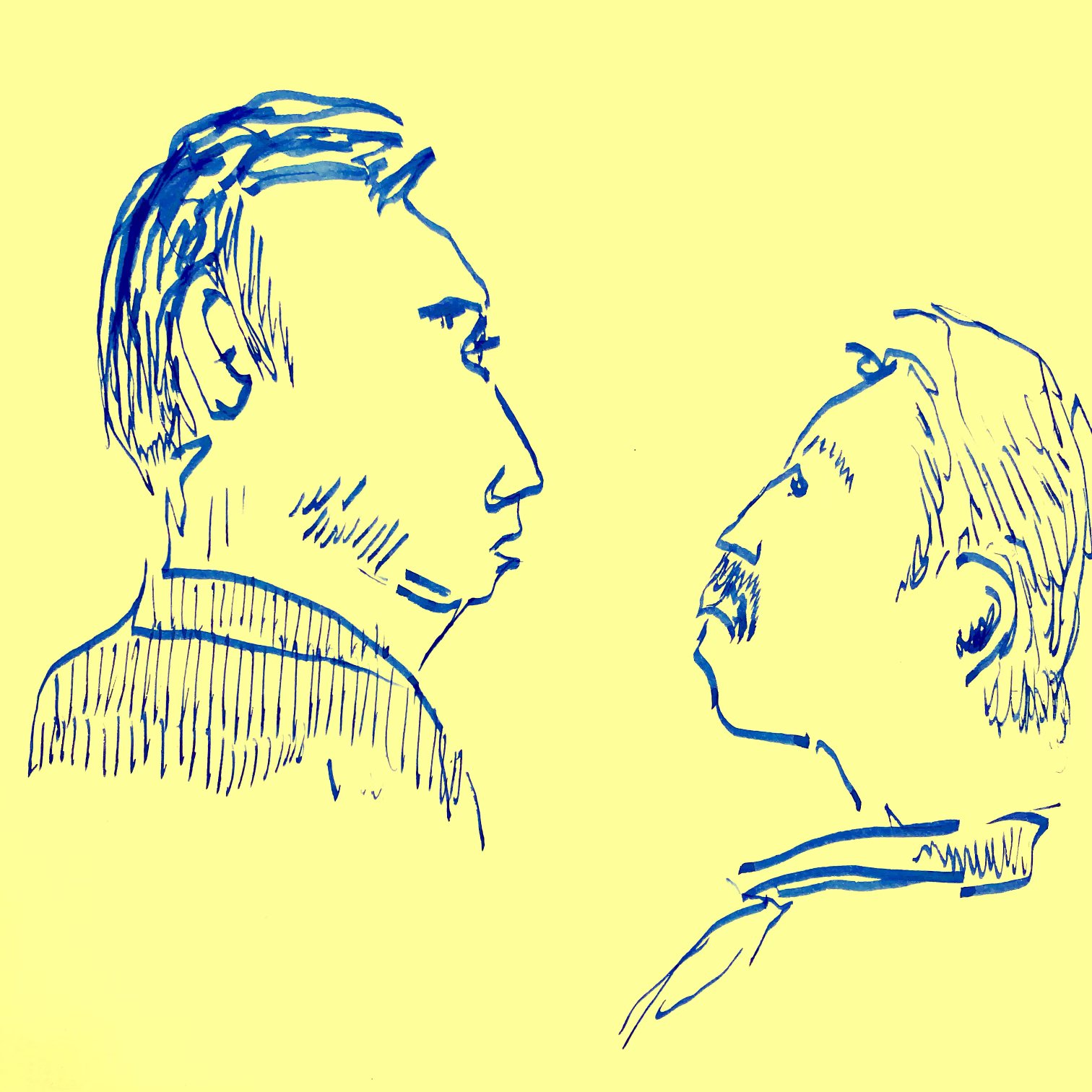Social Comparison
I talk with clients about social media use and its impact on mental health. People can become upset, irritated, anxious, or stressed when online, scrolling through feeds that promote all the seemingly amazing lives others are living. Why is that? Frequently it is due to comparison. We look at the people we know and don’t know: our peers, family members, celebrities, and influencers, and often unintentionally evaluate ourselves.
Social Comparison Theory was introduced by Leon Festinger in 1954. It involves us attempting to reduce uncertainty about our beliefs, abilities, and emotions by comparing ourselves to others, especially when objective evaluations are not readily available.
Why is it worth exploring this theory? Understanding the tendency to compare ourselves to others can help us understand when it occurs and the impact it may have on our well-being. We can also choose whether comparing serves us, and how to shift related behaviors.
Upward and Downward Social Comparison:
T.A. Wills’ research in the early 1980s expanded on the theory, finding that individuals engage in both upward (comparing to those perceived as better off) and downward (comparing to those perceived as worse off) social comparisons. Downward social comparison is described as a defensive tendency. If an individual looks at another individual or group they consider to be worse off than themselves to feel better about their situation, they are making a downward social comparison. Upward social comparison takes place when we compare ourselves with people we believe are better than us. The upward comparisons at times focus on the desire to improve our current status or level of ability.
In Practice
Knowing that humans have a natural tendency to compare themselves to one another allows you to notice when comparison comes up. Here are a few questions that can help you track and notice:
1) Who are the people in your life you compare yourself to?
2) What sort of comparisons do you find yourself making? Common comparisons can involve notions of success or failure, class, education, or knowledge and skills, material wealth such as homes, cars, and net worth along with perceived social status.
3) When you compare yourself to someone else, what is the need at play?
4). What are the common thoughts that come up when you compare yourself to a peer? Where does that happen?
5). When do these comparisons most often take place?
6). Where do you land emotionally? Assess how you feel and the particular emotions that come up.
7). When can a comparison be helpful?
References
1)Festinger, L. (1954). A theory of social comparison processes. Human Relations, 7(2), 117–140. https://doi.org/10.1177/001872675400700202
2) Social comparison. Oxford Reference. (n.d.). https://www.oxfordreference.com/display/10.1093/oi/authority.20110803100515102
3 )Wikimedia Foundation. (2024, January 5). Social comparison theory. Wikipedia. https://en.wikipedia.org/wiki/Social_comparison_theory
4) Wills, T. A. (1981). Downward comparison principles in social psychology. Psychological Bulletin, 90(2), 245–271. https://doi.org/10.1037/0033-2909.90.2.245

